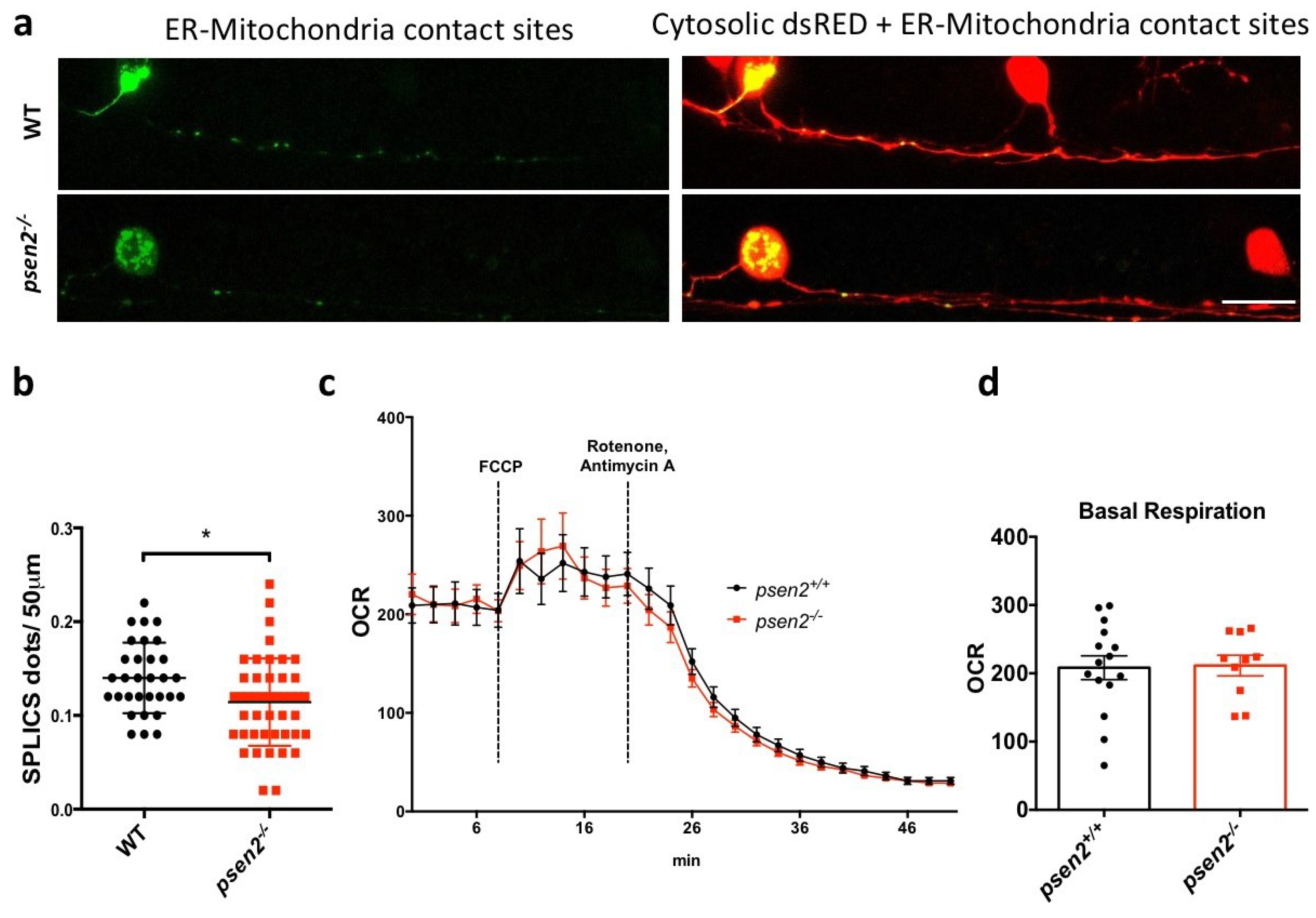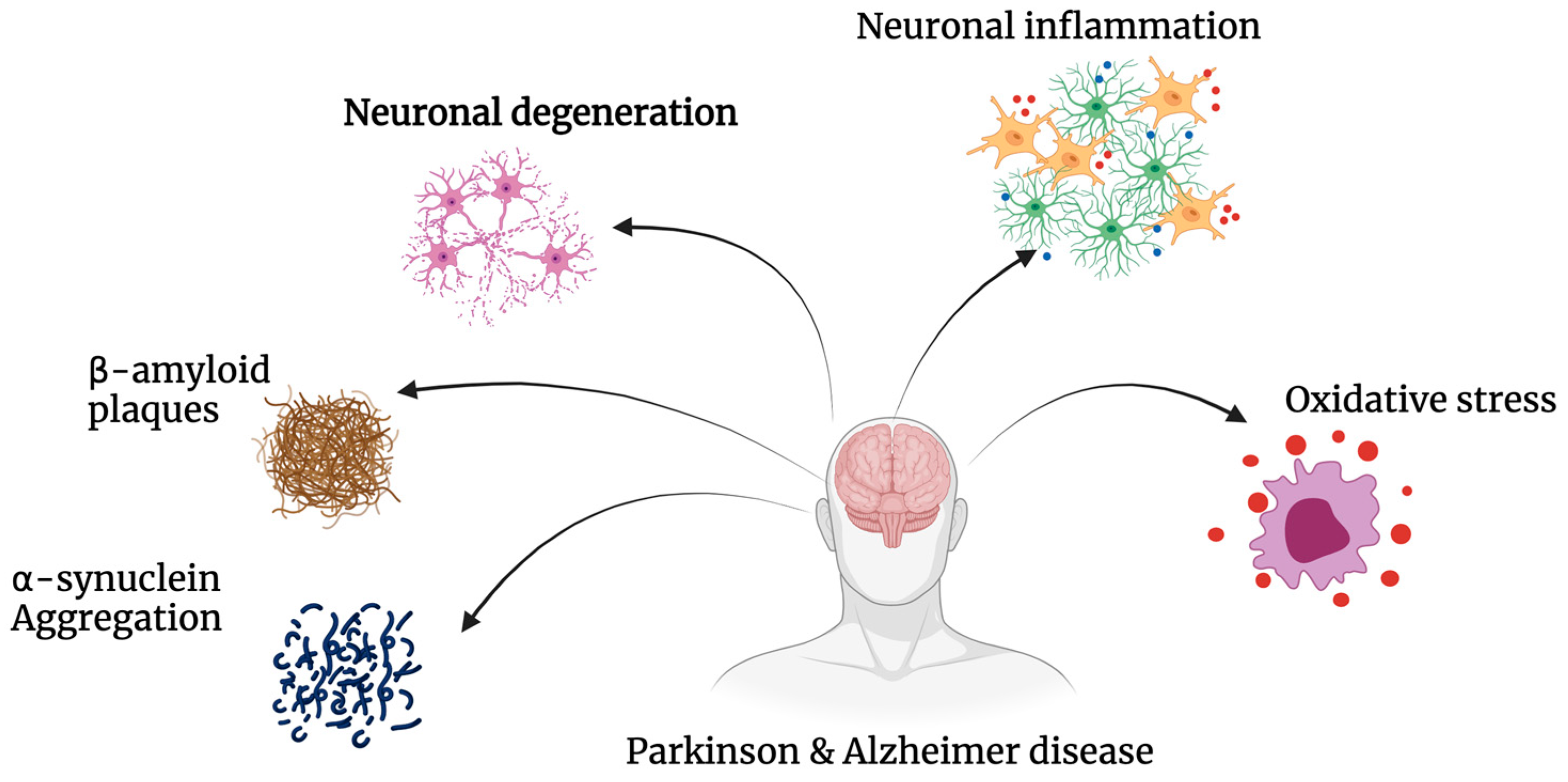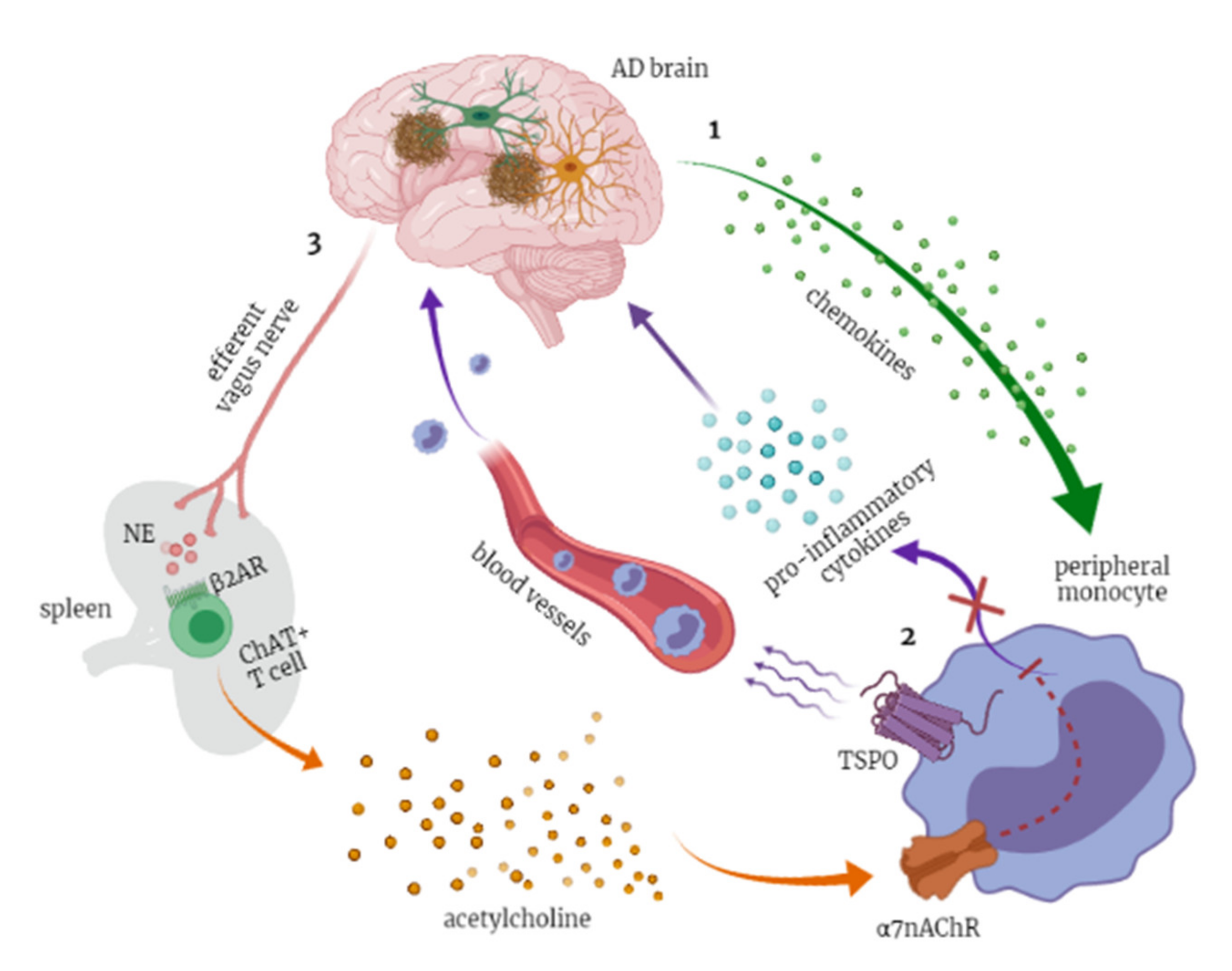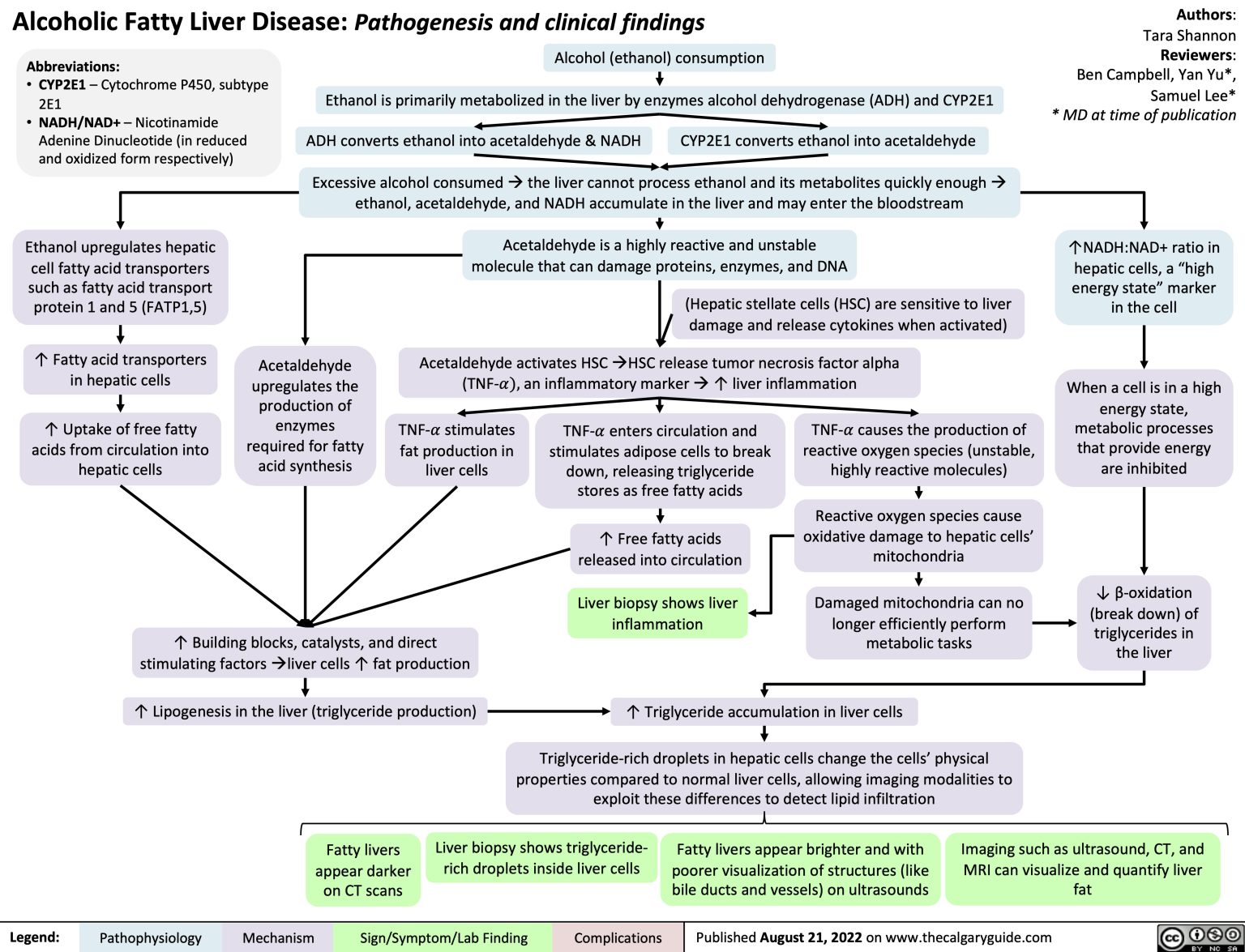Unraveling the complexities of Alzheimer's disease is a matter of great significance. Alzheimer's disease is a debilitating neurodegenerative disorder that affects millions of people worldwide, and understanding its pathogenesis, diagnosis, and management is crucial for alleviating the suffering it causes.

Cells | Free Full-Text | Unraveling Presenilin 2 Functions in a - Source www.mdpi.com
Editor's Note: "Unraveling The Complexities Of Alzheimer's Disease: Pathogenesis, Diagnosis, And Management" have published today date". Given its prevalence and devastating effects, it is imperative to stay informed about this disease. Through extensive analysis and research, we have compiled this comprehensive guide to empower individuals with the knowledge they need to make informed decisions regarding Alzheimer's disease.
Our efforts in putting together this guide stem from a deep understanding of the challenges faced by individuals affected by Alzheimer's disease. By providing a clear and concise overview of the disease's pathogenesis, diagnosis, and management, we aim to equip readers with the necessary information to navigate the complexities of this condition.
Key Differences or Key Takeaways:
| Pathogenesis | Diagnosis | Management |
|---|---|---|
| Underlying mechanisms and causes of Alzheimer's disease | Methods used to identify and confirm the presence of Alzheimer's disease | Strategies and interventions aimed at treating or managing the symptoms of Alzheimer's disease |
Transition to main article topics:
FAQ
Alzheimer’s disease, a progressive and debilitating neurological condition, has garnered significant attention in recent times. To better understand its complexities, we explore common questions surrounding the pathogenesis, diagnosis, and management of Alzheimer’s disease.

IJMS | Free Full-Text | Apoe4 and Alzheimer’s Disease Pathogenesis - Source www.mdpi.com
Question 1: What are the underlying causes of Alzheimer's disease?
Alzheimer's disease is characterized by the accumulation of abnormal proteins in the brain, namely amyloid plaques and tau tangles. These proteins disrupt neuronal communication, leading to neuronal death and progressive cognitive and functional decline.
Question 2: How is Alzheimer's disease diagnosed?
An accurate diagnosis of Alzheimer's disease involves a comprehensive evaluation, including medical history, physical and neurological examinations, cognitive assessments, and imaging techniques such as MRI and PET scans. Early diagnosis is crucial for timely intervention and management.
Question 3: Are there effective treatments for Alzheimer's disease?
Currently, there is no cure for Alzheimer's disease. However, certain medications can provide symptomatic relief by targeting specific aspects of the disease process. These medications aim to improve cognitive function, reduce behavioral disturbances, and slow disease progression.
Question 4: What are the risk factors for developing Alzheimer's disease?
Aging is the most significant risk factor for Alzheimer's disease. Other risk factors include family history, genetic predisposition, cardiovascular disease, head injuries, and a sedentary lifestyle.
Question 5: How can I reduce my risk of developing Alzheimer's disease?
While there is no guaranteed way to prevent Alzheimer's disease, some lifestyle modifications may help reduce the risk. Engaging in regular physical activity, maintaining a healthy diet, managing stress, and stimulating cognitive function through activities like reading and puzzles are beneficial.
Question 6: What are the latest advances in Alzheimer's disease research?
Researchers are actively pursuing various avenues in Alzheimer's disease research, including developing new diagnostic tools, exploring novel treatment strategies, and investigating the underlying mechanisms of the disease. Unraveling The Complexities Of Alzheimer's Disease: Pathogenesis, Diagnosis, And Management provides a comprehensive overview of these advancements.
Understanding the complexities of Alzheimer's disease is essential for developing effective strategies for prevention, diagnosis, and treatment. Through ongoing research and collaboration, we strive to unravel the mysteries of this devastating condition and improve the lives of those affected.
To delve deeper into the topic, refer to the comprehensive article, Unraveling The Complexities Of Alzheimer's Disease: Pathogenesis, Diagnosis, And Management.
Unraveling The Complexities Of Alzheimer's Disease: A Comprehensive Approach To Pathogenesis, Diagnosis, And Management, an exploration into the intricate realms of Alzheimer's disease, has recently been published. This groundbreaking work delves into the depths of this debilitating condition, offering a comprehensive guide to its pathogenesis, diagnosis, and management.
Through meticulous analysis and diligent gathering of relevant data, this publication serves as an invaluable resource for healthcare professionals, caregivers, and individuals seeking to understand the complexities of Alzheimer's disease. With its clear and accessible language, this guide equips readers with a thorough understanding of the disease, its underlying mechanisms, diagnostic approaches, and effective management strategies.
Key Differences and Key Takeaways:
Transition to Main Article Topics:
FAQ
Alzheimer's disease, a complex and relentless neurodegenerative disorder, presents as a major public health concern. Its profound impact on individuals and families underscores the imperative for effective management and care. This FAQ section aims to unravel some of the intricacies surrounding Alzheimer's disease, encompassing its pathogenesis, diagnosis, and treatment strategies.

Biomedicines | Free Full-Text | Extracellular Vesicles, Cell - Source www.mdpi.com
Question 1: What are the defining neuropathological characteristics of Alzheimer's disease?
Answer: Alzheimer's disease is pathologically characterized by the aggregation of amyloid plaques and neurofibrillary tangles within the brain. Amyloid plaques result from the accumulation of beta-amyloid protein, while neurofibrillary tangles arise from hyperphosphorylated tau protein aggregates. These pathological hallmarks contribute to neuronal dysfunction and eventual cell death.
Question 2: What are the key clinical manifestations of Alzheimer's disease?
Answer: Alzheimer's disease manifests with a progressive decline in cognitive functions, including memory loss, impaired judgment, and language difficulties. As the disease progresses, individuals may experience behavioral and psychological symptoms, such as agitation, apathy, and delusions.
Question 3: How is Alzheimer's disease diagnosed?
Answer: Alzheimer's disease diagnosis involves a comprehensive assessment, encompassing medical history, physical examination, cognitive testing, and brain imaging techniques. Diagnosis is based on established criteria that consider clinical symptoms, cognitive impairments, and characteristic brain changes observed through neuroimaging.
Question 4: What are the available treatment approaches for Alzheimer's disease?
Answer: Current treatment strategies for Alzheimer's disease primarily focus on managing symptoms and slowing disease progression. Cholinesterase inhibitors and memantine are commonly employed medications that target specific neurotransmitter systems implicated in cognitive function. Non-pharmacological interventions, including cognitive stimulation, exercise, and dietary modifications, can also play a supportive role.
Question 5: What research avenues show promise for advancing our understanding and treatment of Alzheimer's disease?
Answer: Ongoing research in Alzheimer's disease explores novel therapeutic targets and innovative approaches. Immunotherapies, tau-targeting therapies, and stem cell-based treatments are among the promising avenues being investigated. Additionally, lifestyle modifications, such as maintaining a healthy diet and engaging in regular physical activity, are gaining attention as potential preventive measures.
Question 6: Where can I find more comprehensive information on Alzheimer's disease?
Answer: For further exploration of Unraveling The Complexities Of Alzheimer's Disease: Pathogenesis, Diagnosis, And Management, please refer to the article.
Alzheimer's disease poses a significant challenge to individuals, families, and healthcare systems worldwide. Through ongoing research and advancements in diagnosis and management, we can strive to enhance the quality of life for those affected by this complex neurodegenerative disorder.
For more information and resources on Alzheimer's disease, please consult reputable sources such as the Alzheimer's Association or the National Institute on Aging.
Tips
Alzheimer's disease, a progressive neurodegenerative disorder, presents significant diagnostic and management challenges. To enhance understanding and optimize patient care, it is crucial to adopt evidence-based practices and consider the latest advancements in the field.
Tip 1: Prioritize Early Detection
Early detection enables timely intervention and improves treatment outcomes. Encourage regular cognitive assessments, particularly for individuals with risk factors such as age, family history, or genetic predisposition.
Tip 2: Utilize Biomarkers for Diagnosis
Biomarkers, such as amyloid-beta and tau proteins, can aid in diagnosing Alzheimer's disease. Consider utilizing diagnostic imaging techniques, such as PET scans, to assess brain changes and support clinical evaluations.
Tip 3: Implement Comprehensive Management Strategies
Personalized care plans that address cognitive, behavioral, and physical health are essential. Collaborate with interdisciplinary teams, including neurologists, geriatricians, and social workers, to tailor treatment to individual needs.
Tip 4: Provide Support and Education to Caregivers
Caregivers play a vital role in supporting individuals with Alzheimer's disease. Educate them about the disease, provide training on caregiving techniques, and offer emotional support to navigate the challenges and reduce stress.
Tip 5: Encourage Healthy Lifestyle Modifications
Maintaining a healthy lifestyle can potentially reduce the risk of Alzheimer's disease or slow its progression. Promote regular exercise, balanced nutrition, and cognitive stimulation to enhance brain health.
Summary: By incorporating these tips into clinical practice, healthcare providers can enhance the diagnosis, management, and support of individuals with Alzheimer's disease. Patient-centered care, evidence-based interventions, and ongoing research collaborations are essential to improving outcomes and providing the best possible quality of life for those affected by this challenging condition.
Unraveling The Complexities Of Alzheimer's Disease: Pathogenesis, Diagnosis, And Management
Alzheimer's disease, a devastating neurodegenerative disorder, presents intricate complexities in its pathogenesis, diagnosis, and management. This necessitates a multifaceted exploration of key aspects to gain a comprehensive understanding of this debilitating condition.
Delving deeper, amyloid plaques and tau tangles are pathological hallmarks of Alzheimer's disease, contributing to neuronal dysfunction and cognitive decline. Diagnosis involves a combination of cognitive assessments, evaluating memory, language, and executive function, along with biomarkers such as amyloid PET scans and cerebrospinal fluid analysis. Treatment aims to alleviate symptoms through cholinergic enhancement drugs and provide support and care for patients and their families.

Diagnostics | Free Full-Text | Blood-Based Biomarkers of - Source www.mdpi.com
Unraveling The Complexities Of Alzheimer's Disease: Pathogenesis, Diagnosis, And Management
Alzheimer's disease (AD) is a progressive neurodegenerative disorder characterized by cognitive decline, memory loss, and eventually death. The pathogenesis of AD is complex, involving multiple pathological processes, including amyloid-beta (Aβ) plaques, tau neurofibrillary tangles (NFTs), synaptic loss, and neuroinflammation. The diagnosis of AD is based on clinical symptoms, cognitive assessment, and biomarker testing. Currently, there is no cure for AD, but symptomatic treatment can improve the quality of life for patients.

Alcoholic Fatty Liver Disease: Pathogenesis and clinical findings - Source calgaryguide.ucalgary.ca
The pathogenesis of AD is not fully understood, but it is believed to involve a combination of genetic, environmental, and lifestyle factors. The accumulation of Aβ plaques and NFTs in the brain is a hallmark of AD. Aβ plaques are composed of aggregated Aβ peptides, which are derived from the amyloid precursor protein (APP). NFTs are composed of hyperphosphorylated tau protein, which is normally involved in stabilizing microtubules. The accumulation of Aβ plaques and NFTs leads to neuronal damage and synaptic loss, which ultimately results in the cognitive decline and memory loss characteristic of AD.
The diagnosis of AD is based on clinical symptoms, cognitive assessment, and biomarker testing. Clinical symptoms include memory loss, cognitive decline, and changes in behavior. Cognitive assessment can involve tests of memory, attention, and executive function. Biomarker testing can involve cerebrospinal fluid (CSF) analysis or neuroimaging to assess the presence of Aβ plaques and NFTs. The diagnosis of AD is usually made when a person has both clinical symptoms and positive biomarker test results.
Currently, there is no cure for AD, but symptomatic treatment can improve the quality of life for patients. Cholinergic drugs, such as donepezil, rivastigmine, and galantamine, can help to improve memory and cognitive function. Antipsychotic drugs, such as risperidone and olanzapine, can help to manage behavioral symptoms, such as agitation and aggression.